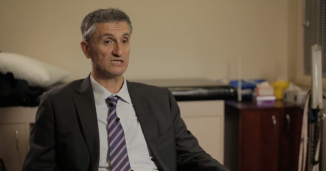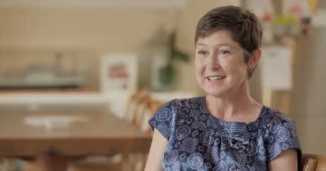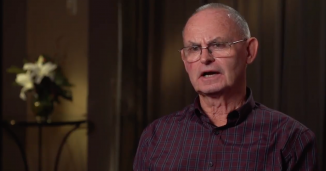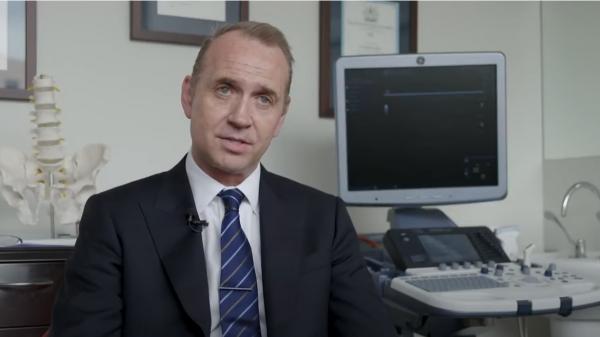Maximising your potential with inflammatory arthritis
View transcript
Wendy Favorito
Rheumatoid arthritis
I think there are lots of secrets to living with this disease. I think the first thing people need to know is that as an adult it’s not normal to have hot, swollen and stiff joints. And that would be the first thing I would share with people is that if you do notice that there’s something unusual about your joints, whether it be your fingers or your ankles or your knees – that it’s a really good idea to talk to your GP. Don’t be shy to say, look I’m concerned about this. It might not be arthritis but if it is, it’s really critical to get a quick diagnosis and start on an effective treatment as soon as possible.
So the medical side of living with RA is really important and within that comes I think the need to have a rheumatologist who you feel comfortable with. This is a condition that’s going to stay with you for a very long time so you need a doctor who really gets you and who you feel comfortable with and who you trust. So when I was getting ready to finish school and I was talking to my rheumatologist at the time about future career options and I had floated the idea of studying medicine, he said to me that I had these great life aspirations and he used the analogy of concentric circles and the said that my life aspirations were out here in this outer circle, but my physical ability was really actually only this little circle in the middle. And what I had to do was I had to shrink my life expectations to better fit that really small inner circle.
It was around that time that I had this realisation that I would live with rheumatoid arthritis for the rest of my life. There’s no cure at the moment and it was a real turning point. I thought, gosh this is forever. What am I going to do? And it was a catalyst for me to change doctors at that time and I didn’t care who I went to see, they didn’t have to be male or female, they didn’t have to be young or old. I wanted someone that I could live my life with and who would help me get through the life that I wanted for myself and wouldn’t tell me I had to squeeze it into this teeny, tiny circle. So I moved rheumatologists and by the time I saw this new specialist I was having an awful flare-up; my mum had to drive me to the appointment, I was about 26 at the time. She had to undress me. I couldn’t even undress myself and this new rheumatologist sat opposite me and she said to me, I cannot imagine what it must be like to live in that much pain. So that was the first thing I went, I like that. And the second thing was we talked about what I wanted to do with my life and she said to me her job was to enlarge that inner circle, that physical capacity, and to make it as big as possible so that it matched better with what I wanted to do with my life. And that’s when I realised we were a good fit as patient and doctor.












